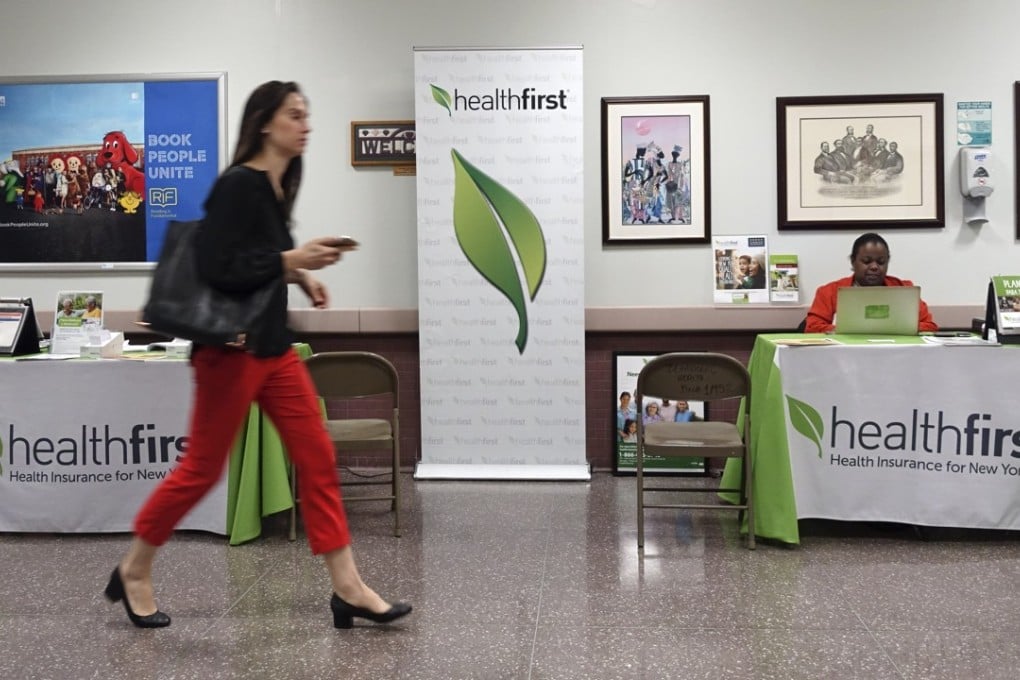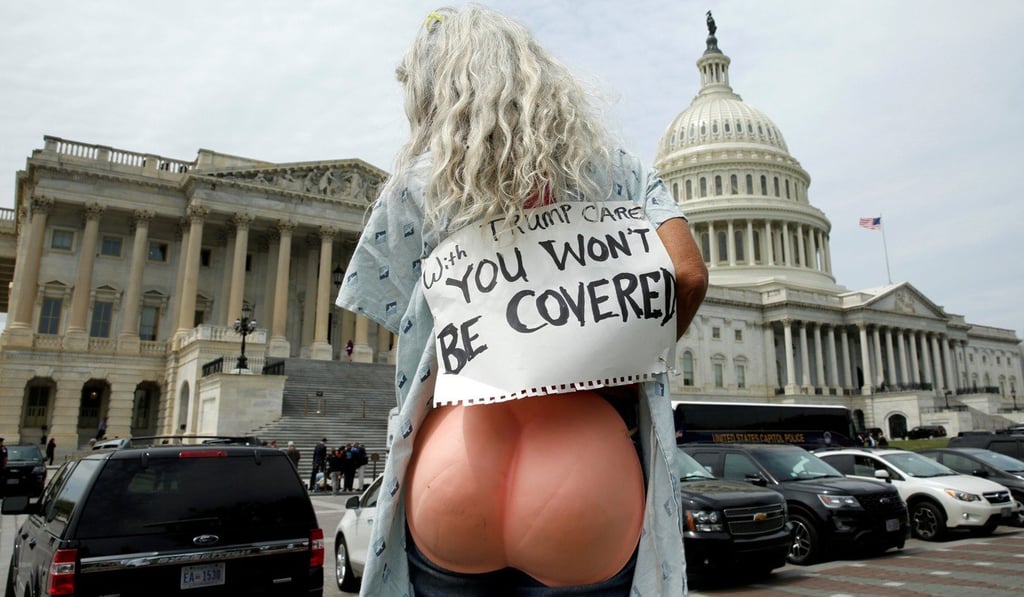Why is America so opposed to universal health care?
Chris Gay says while the rest of the developed world has largely accepted the government’s role in ensuring affordable health care, the US remains stuck in an endless debate full of misinformation perpetuated by rich interest groups

Americans like to indulge the notion that we are exceptional, a conceit that understandably sends non-Americans up the wall. But we are indisputably exceptional in a way that must baffle the rest of the developed world: our failure – or refusal – to implement universal health care.
Even Hong Kong, often and erroneously portrayed as a laboratory experiment in hands-off government, has what amounts to universal health care. The US has never had anything like universal coverage, yet even “Obamacare” – a piecemeal measure that narrows but does not close the uninsured gap – is often vilified as a kind of Bolshevik plot to collectivise medicine.
Republicans muscle their health bill through House in first step to repealing Obamacare

If, by cultural aversion, conservatives mean cognitive dissonance, they may be on to something. The Tea Party – a populist antecedent to Trumpism – held feverish rallies in the early Obama years where inevitably some faux live-free-or-die insurgent in a tricorn hat would hold up a placard reading, “Keep your government hands off my Medicare”.
